Composer Pyotr Ilyich Tchaikovsky was born on May 7, 1840, in Votkinsk, in Russia. He was passionate about music as a young boy, but only enrolled in the St. Petersburg Conservatorium when he was 23. When he graduated two years later, he was given a medal in recognition of his talents as a composer. Between 1866 and 1876 he taught at the Moscow Conservatorium. During this period he developed an interest in Russian popular music. The combination of traditional Slavic sounds and a Western approach to composing became trademark elements in his style. He also produced his first important compositions, including the opera Eugene Onegin and the ballet Swan Lake.
Tchaikovsky was artistically successful, but his private life was troubled as he tried to come to terms with his homosexuality. He married in 1877 in order to put a stop to rumors, but the marriage proved to be both short-lived and painful. Tchaikovsky’s personal unhappiness was made worse by an artistic crisis that he only managed to overcome in the last years of his life. In 1889 he composed the ballet Sleeping Beauty followed in 1892 by The Nutcracker. In 1893 he composed his sixth symphony, called the Pathétique for its intense emotional charge. He was also given an honorary degree in music by Cambridge University.
He died on November 6, 1893, apparently of cholera, or possibly after intentionally poisoning himself. He was 53.
60,000 people attended his funeral. Tchaikovsky is considered the progenitor of the so-called “symphonic ballet,” in which choreography attempts to express the complexity of a symphonic score. Tchaikovsky’s main distinguishing trait was his ability to express great pathos in refined yet easily comprehensible forms.
Tchaikovsky was artistically successful, but his private life was troubled as he tried to come to terms with his homosexuality. He married in 1877 in order to put a stop to rumors, but the marriage proved to be both short-lived and painful. Tchaikovsky’s personal unhappiness was made worse by an artistic crisis that he only managed to overcome in the last years of his life. In 1889 he composed the ballet Sleeping Beauty followed in 1892 by The Nutcracker. In 1893 he composed his sixth symphony, called the Pathétique for its intense emotional charge. He was also given an honorary degree in music by Cambridge University.
He died on November 6, 1893, apparently of cholera, or possibly after intentionally poisoning himself. He was 53.
60,000 people attended his funeral. Tchaikovsky is considered the progenitor of the so-called “symphonic ballet,” in which choreography attempts to express the complexity of a symphonic score. Tchaikovsky’s main distinguishing trait was his ability to express great pathos in refined yet easily comprehensible forms.
RELATED
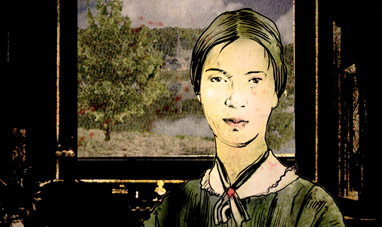

EMILY DICKINSON
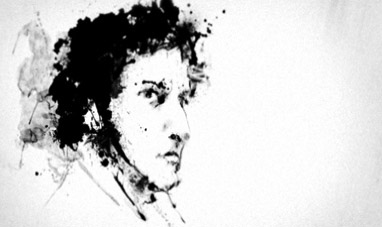

FRÉDÉRIC CHOPIN


VASCO ROSSI


RAPHAEL
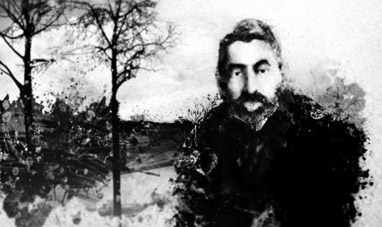

CLAUDE DEBUSSY


SANDRO BOTTICELLI


CARA DELEVINGNE
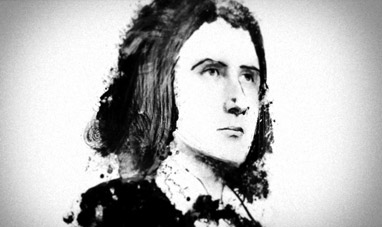

FRANZ LISZT
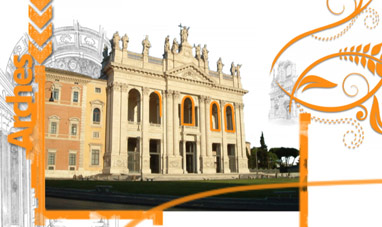

FRANCESCO BORROMINI
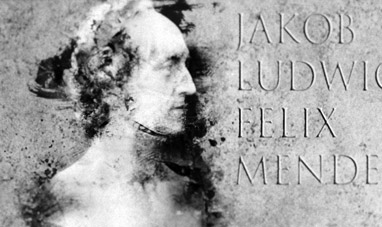

FELIX MENDELSSOHN
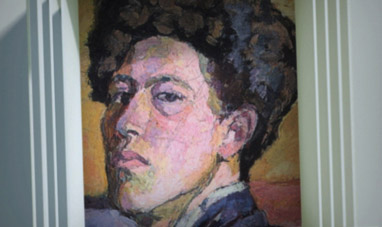

ALBERTO GIACOMETTI


ROBERT ADAM
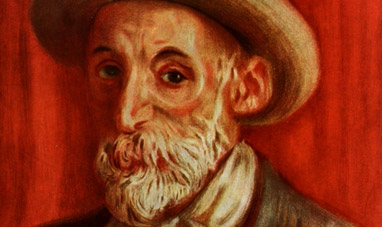

PIERRE AUGUSTE RENOIR


JOHN WAYNE
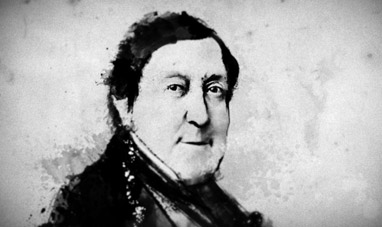

GIOACCHINO ROSSINI
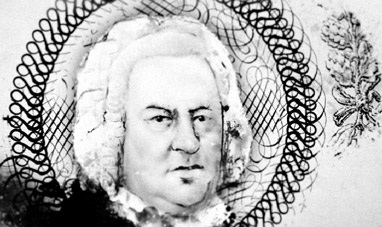

JOHANN SEBASTIAN BACH


JOHANNES BRAHMS


RENZO PIANO
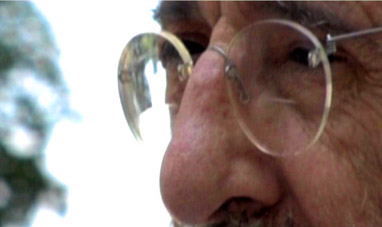

ÁLVARO SIZA VIEIRA


JOHN CONSTABLE


STANLEY KUBRICK


FRANCIS BACON
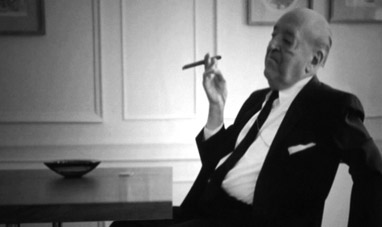

MIES VAN DER ROHE


DONATO BRAMANTE
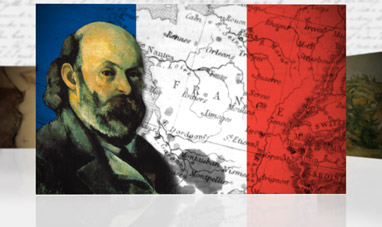

PAUL CÉZANNE
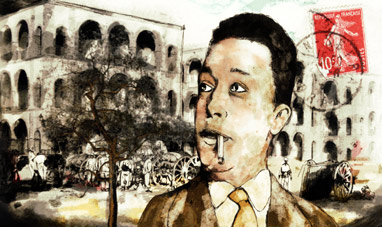

ALBERT CAMUS
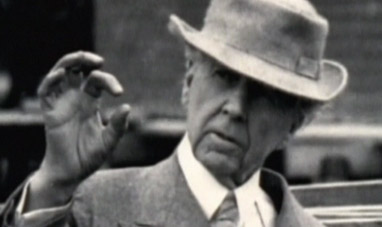

FRANK LLOYD WRIGHT


EURIPIDES
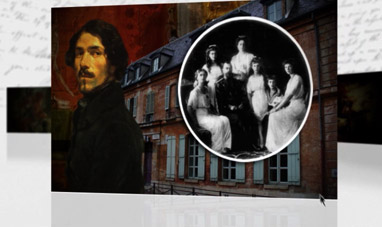

EUGÈNE DELACROIX


STEVEN SPIELBERG


BRAD PITT
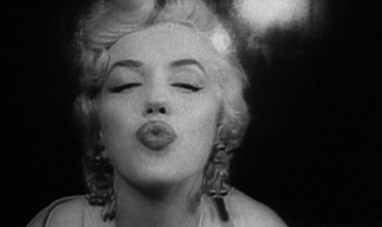

MARILYN MONROE


LOUIS KAHN


BERTEL THORVALDSEN
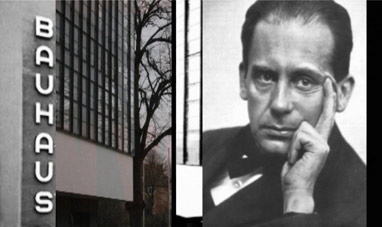

WALTER GROPIUS


LUIS BUÑUEL
